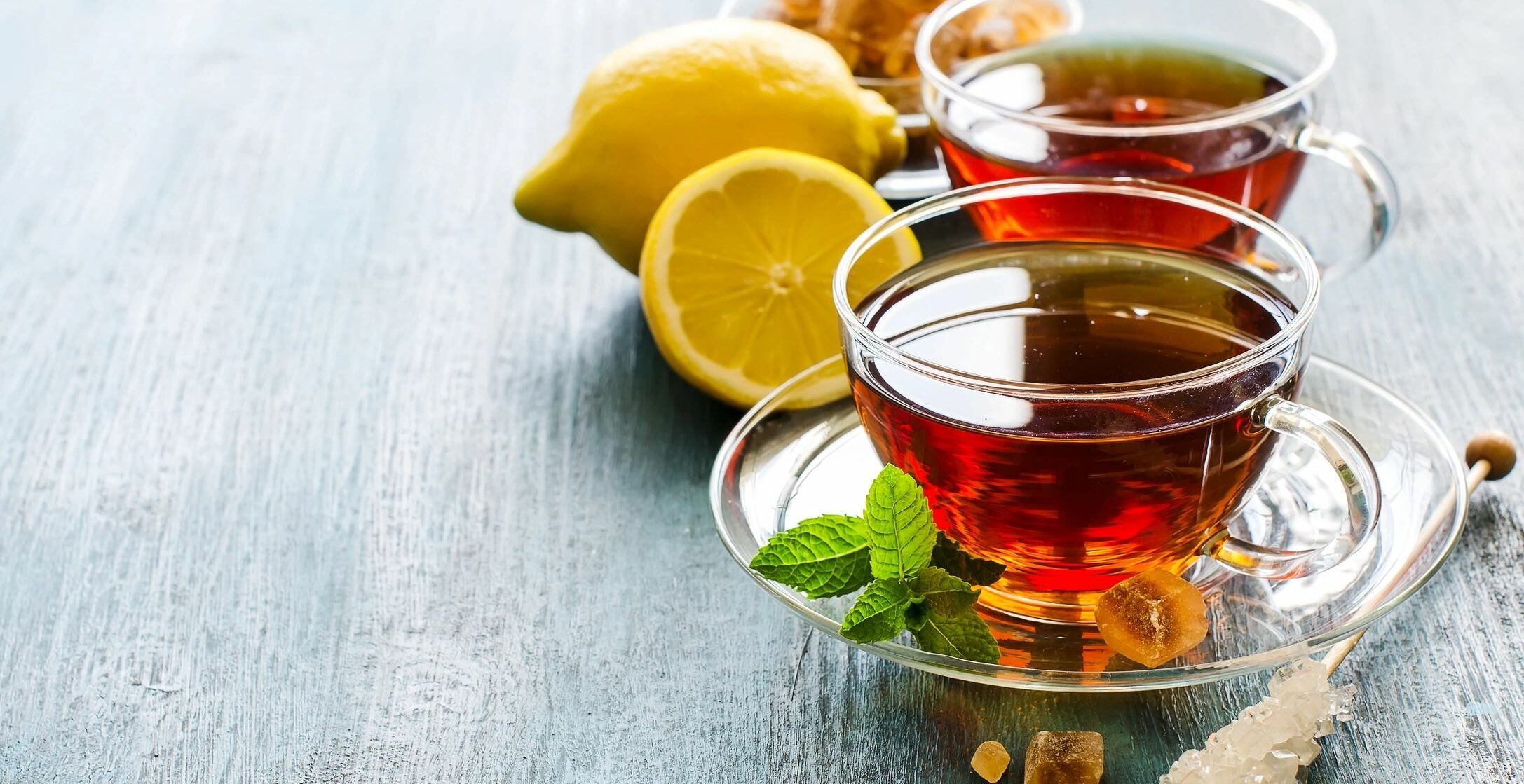The New York Times frequently publishes stories about intellectual property. Even though there is a small percentage of lawyers that practice and are experts in this field, the impact of intellectual property is increasing in the economies and markets.
This past Sunday (March, 17th, 2019) the NYT printed and posted online this article about the perils of trademarking recipes and generic names, in this case, an herbal drink called Fire Cider.
Fire Cider is a tea made of apple cider vinegar, onions, garlic, horseradish, and sometimes, citrus and hot peppers. The result is a strong and hot beverage that is said to have beneficial properties.
It definitely will clear out your sinus.
In 2012 a Massachusetts company called Shire City Herbals trademarked the Fire Cider name and made it its signature drink. But herbalist around the country complained that this beverage already existed decades ago and that it was nothing new or unique, a name that belonged to the herbalist community.
Fire Cider recipes have been published decades back in herbalists’ books and variations are available online.
However, Shire City went after small producers selling their own versions of the concoction, sending cease and desist letters in order to stop them
from using the name for the drink which they considered their property.
Herbalists fought back organizing and starting a petition on Change. o
As you can imagine, more trademark drama unfolded.
Shire City filed a lawsuit against 3 herbalists, claiming trademark infringement. Later this month the courts are expected to determine if the mark Cider Fire is a generic, non-trademarkable name or if the registered trademark stands.
This intellectual property dispute illustrates the difficulty of protecting recipes and generic products as intellectual property, said attorney Marcos E. Garciaacosta.
The United States Patents and Trademark Office (USPTO) examiners, although very knowledgeable and thorough in their searches and assessments, cannot dominate all the fields in their totality and is understandable that they might have given a trademark to a generic product since it is part of the very narrow herbalist tradition.
Additionally, some products or services can become, with time, generic. The internet was a unique service and was trademarked, that now is a generic service, said intellectual property attorney Marcos E. Garciaacosta.
If you have a question about how to protect your brand or brands, contact attorney Marcos E. Garciaacosta for a free 15 minutes phone conversation or schedule an hour assessment for a reasonable fee. Please call us at (480) 324-6378. We accept credit card payments through Square and Paypal.
Follow us in social media and Justia.com where you can also post your questions.
